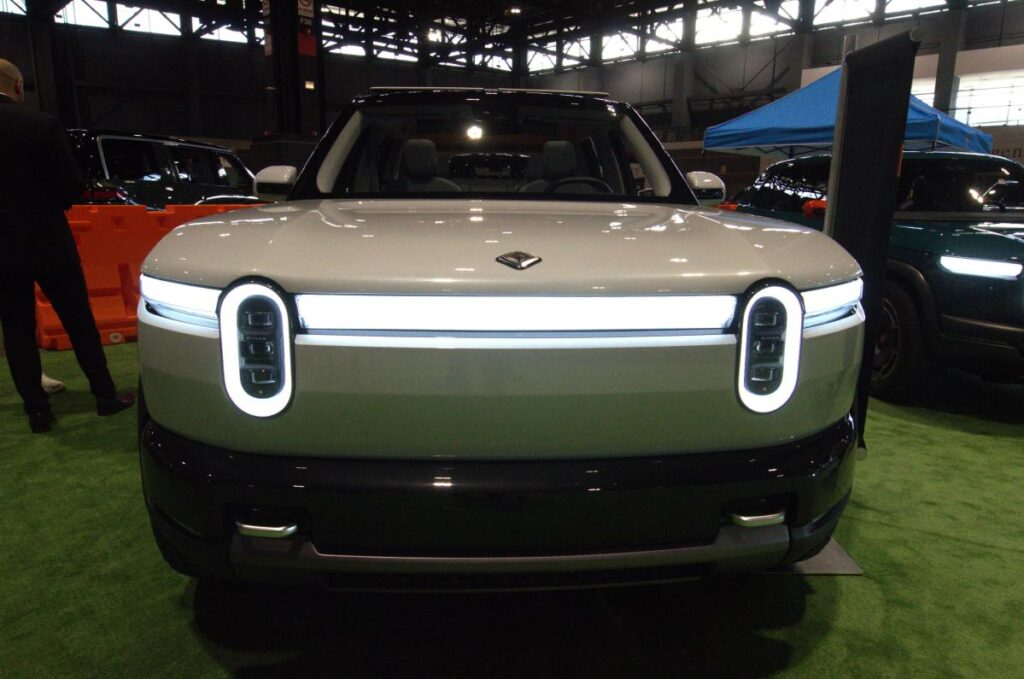Rivian (RIVN) will report fourth quarter and full-year results after the bell on Thursday, as investors look to see whether the pure-play adventure EV maker can limit future losses and post a «modest gross profit» for the quarter, as projected.
For the quarter, Rivian is expected to report revenue of $1.386 billion per Bloomberg consensus, up from the $874 million reported last quarter, around 5.4% higher than the $1.315 billion reported a year ago. The company is expected to report an adjusted EPS loss of $0.65, with an adjusted EBITDA (earnings before interest, taxes, depreciation, and amortization) loss of $399.8 million.
Though Rivian increased its full-year adjusted EBITDA loss for the year last quarter ($2.87 billion from $2.8 billion), it still sees a «modest gross profit» coming in the fourth quarter.
The company also maintained its annual production guidance of 47,000 to 49,000 units, revealing in early January that it produced 49,476 vehicles and delivered 51,579. In Q4, Rivian produced 12,727 vehicles and delivered 14,183 vehicles.
As of 3:58:16 PM EST. Market Open.
The fourth quarter was an interesting one for Rivian. The company announced an expansion of its partnership with Volkswagen (VWAGY) in November, with the German automaker pouring more money into a joint venture.
The joint venture, announced back in June, will use Rivian’s electrical architecture — known as «zonal architecture» — and accompanying software stack to enable the launch of Rivian’s upcoming midsize R2 SUV in the first half of 2026.
Read more: Are electric cars more expensive to insure?
In November, Rivian also revealed that it won a «conditional commitment» from the Department of Energy (DOE) for a $6.6 billion loan, highlighting Rivian’s improving capital condition. The loan, part of the DOE’s Advanced Technology Vehicles Manufacturing (ATVM) program, would support the construction of Rivian’s upcoming assembly plant located outside of Atlanta.
The new Trump White House, however, and the Department of Government Efficiency (DOGE) say they will scrutinize the deal, potentially putting the DOE loan to Rivian in limbo.
Another big wild card on the regulatory front is the status of the federal EV tax credit, which the Trump White House and Republican Party have indicated may be repealed. Pure-play automakers like Rivian, Lucid (LCID), and Tesla (TSLA) could be most affected by the tax credit’s removal.
Finally, earlier this month Rivian said it would open up orders for its EDV commercial delivery van, which could open another revenue stream for a company looking to scale up, grow revenue, and cut costs.
Story Continues


